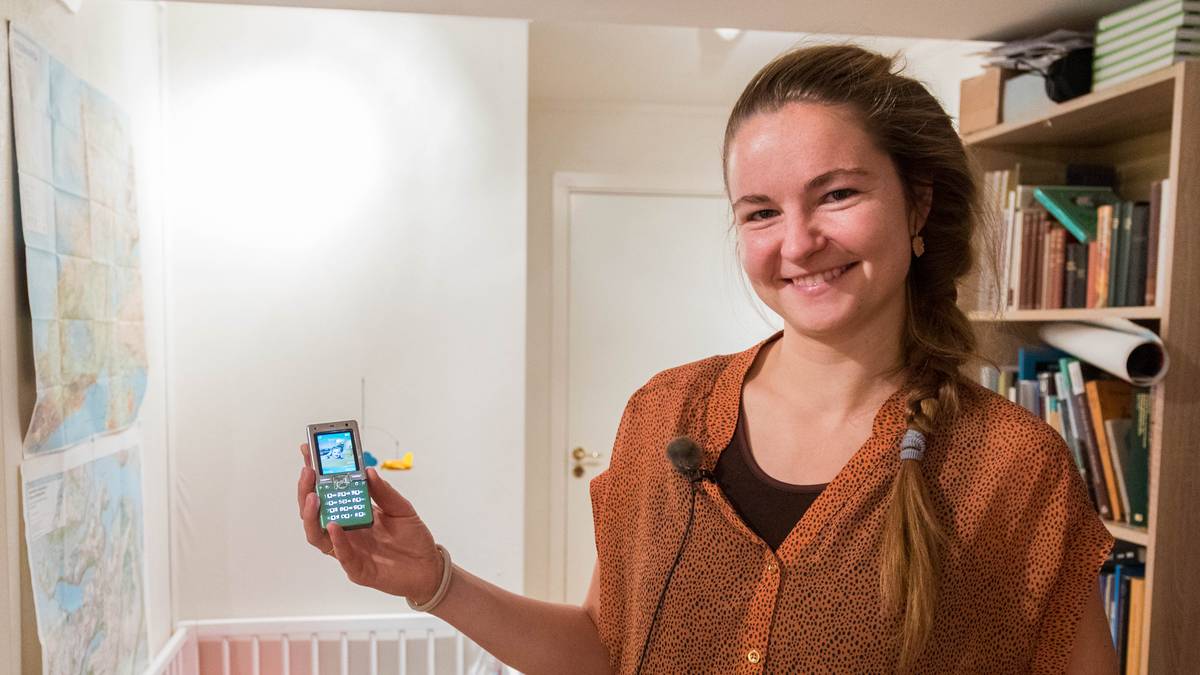I wrote this reader's post without sending it to the editors because I thought it was a topic that didn't interest readers. But today I read Article about my birth on NRK:
Excelark gets debt after nursing home closures. Many politicians want a rematch after they first agreed to close nursing homes. They claim they did not understand what they voted for. Claims the decision is illegal: Many politicians claim the information was so unclear that the decision is illegal, and they have filed a complaint with the municipality.
Through this reader's article, I want to challenge readers to consider whether politicians can really try to convince citizens that current cuts to public services should be accepted, and on what basis this should happen.
– Lack of control over decisions
I often feel that as politicians we have little control over the decisions we make on behalf of society. On the other hand, technology can provide us with a great deal of help through data-driven advice. I am particularly referring to data science tools for decision-making, as well as advanced assessments based on artificial intelligence and big data. These tools make it easier to identify areas for improvement and efficiency, giving us greater control over our decisions. But how often has the administration provided politicians with big data analytics on the distribution of public funds or the balanced development of a municipality? How often can tech-savvy politicians analyze the data themselves to gain insights using new technology?
This is a democratic problem: it creates a huge obstacle to the fact-based and data-driven politicians that society often says it wants. Unfortunately, many public administrators and politicians believe that data-driven decisions can be made based on a few MS Word documents, PDFs or Excel sheets, mixed with a large dose of gut feeling. Municipalities and counties are seeing increasing pressure on their resources, which has negative consequences for local development. At the same time, we see a growing demand for more skilled politicians.
These tools are available to everyone, regardless of education. However, I would like to express my concern: even if we have some politicians who can use data science to achieve social goals, they are limited under the current circumstances. This is mainly due to two factors.
Limited access to data
The first factor is the extremely limited access to data for politicians. Even policymakers with the interdisciplinary skills needed to make informed decisions, including using data science, are hampered by a lack of data. Politicians can request access to the issues they want, and it is the responsibility of the administration to respond quickly. But in reality, it often looks different. The data provided is usually summaries or conclusions of several key points, often in outdated formats such as PDF or paper. It is rare for the administration to share Excel files that politicians can use for their own analysis. We need the freedom to explore data, even data we do not know, and not just accept pre-packaged answers.
Lack of insight into financial data
In addition, the details of economic data often remain unknown to politicians, who paradoxically have to demand solutions from the same administration that made proposals they disagree with – a practice I find illogical and counterproductive in terms of results.
The European Parliament has several public administration guidelines on open data, AI and big data that should be taken into account. Analyses based on millions of pieces of current and historical data can identify innovative resources or solutions in minutes.
I think it is unacceptable to make a decision to move patients from the dementia ward in Medsund (or to close the nursing home in Skala) without first improving the financial flows in Molde using these techniques. But also without providing an analysis of the impact on community and municipal development regarding the closure of the ward, along with the school, the kindergarten and the proposal to close the volunteer center.
Without addressing these challenges with new technologies, I believe we will not be able to stop the waste of public funds, which will have negative consequences for public services for citizens.
Need to access detailed data
If we ignore the relational databases published by Statistics Norway, or the expensive data lakes containing data in different formats, we should at least avoid forcing politicians to download tons of MS Word files from different municipal websites one by one, or to work without Excel files. This is the paralysis I am talking about.
We are also far from a public administration that shares its raw data, metadata or indicators as open data with politicians, including information on how this data was collected. There are municipalities that have so-called open data, but this is not the kind of data we are talking about here.
For example, if the administration told me that I had to approve the closure of a kindergarten, I could first access the entire big data set of all kindergarten expenses in the municipality for the last 5 years, as well as the documents with their strategies and reports. Then I would need to implement business intelligence or data science techniques. Then I could also compare the differences between schools that had fewer challenges. Then I might be able to come up with solutions, or feel more in control of my decision.
This may seem like a fantasy to some, but it is already the norm in private companies today. Doesn’t public money deserve the same attention?
We have excellent guidelines.
Another limiting factor is the guidelines contained in the report “In the same boat: Focus on the interaction between politics and administration in Norwegian municipalities”, prepared by the Central Association of Municipalities, which have not been sufficiently well known, followed or appreciated since 2003. Politicians usually receive briefs and processing issues from the administration: without an optimal flow of information, the risk of improper use of public funds is always present. This is especially important now that funds are limited, and politicians are often limited to approving the administration’s proposals, specifically cuts.
Conclusion
I think that under the current circumstances, the ability of politicians to contribute is very limited. In this context, we can wonder whether the administration is starting to see the politicians it is supposed to serve as a burden instead. As a politician, I wonder how we can try to convince our citizens that it is right to accept cuts when we have so little control over the factors that drive decisions, and we do not base our decisions on a solid foundation of data science.
Would you like to write on the topic? Send an email to ordetfritt@rb.no
Would you like to write a reader contribution? Send an email to ordetfritt@rb.no
Here you will find the opinion materials for the Nordvest debate – Rbnett opinion portal

“Web specialist. Lifelong zombie maven. Coffee ninja. Hipster-friendly analyst.”



